
Hot Commodities
How Anyone Can Invest Profitably in the World
Published by arrangement with The Random House Publishing Group, a division of Random House, Inc.
ISBN: 9781400063376
Pages: 272
Recommendation
Jim Rogers’ book is surprisingly similar in tone to those breathless radio ads inviting you to "invest now" in petroleum futures because bad weather in the northeast is sure to cause a shortage of heating oil. But, Rogers backs up his enthusiasm - dare one say exuberance? - with facts. His record as co-founder of the Quantum Fund speaks for itself. Of course, it doesn’t take an advanced degree to figure out that as China continues its inevitable lumbering jog toward economic hegemony, its appetite for commodities will become insatiable. Hearing it from someone with Rogers’ track record, however, gives it immediacy. Rogers seems to be talking to the general investing public, which may explain the awkward chapters that detour through commodity investment basics, but he heads for more advanced territory soon enough. As the founder of the "The Rogers Raw Materials Index Fund," he would probably relish a run on commodities. That said, Rogers makes a convincing case, and getAbstract.com strongly recommends his book to those looking to diversify into commodities.
Summary
About the Author
Jim Rogers grew up in Demopolis, Alabama, won a scholarship to Yale and served in the Army before going to work on Wall Street. He retired at age 37 after co-founding the Quantum Fund, a portfolio that gained more than 4,000% in the 1970s. He wrote Investment Biker and Adventure Capitalist.








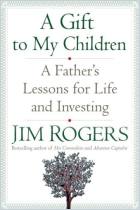
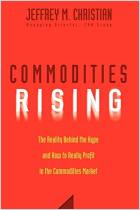
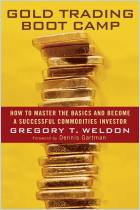

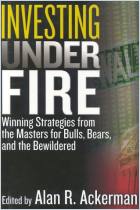
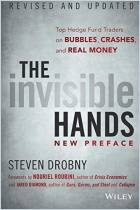
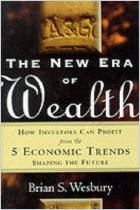







Comment on this summary or Iniciar a Discussão